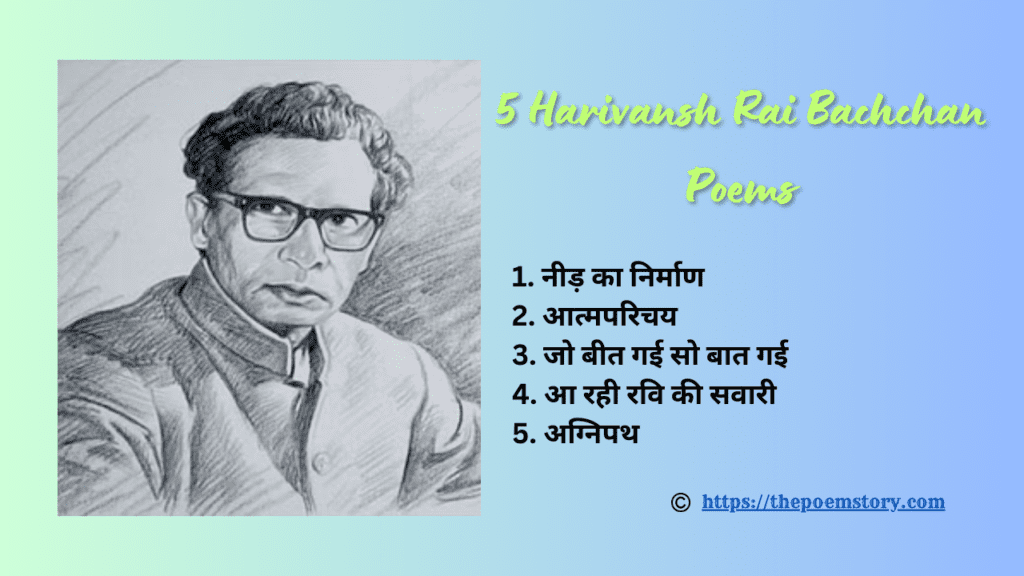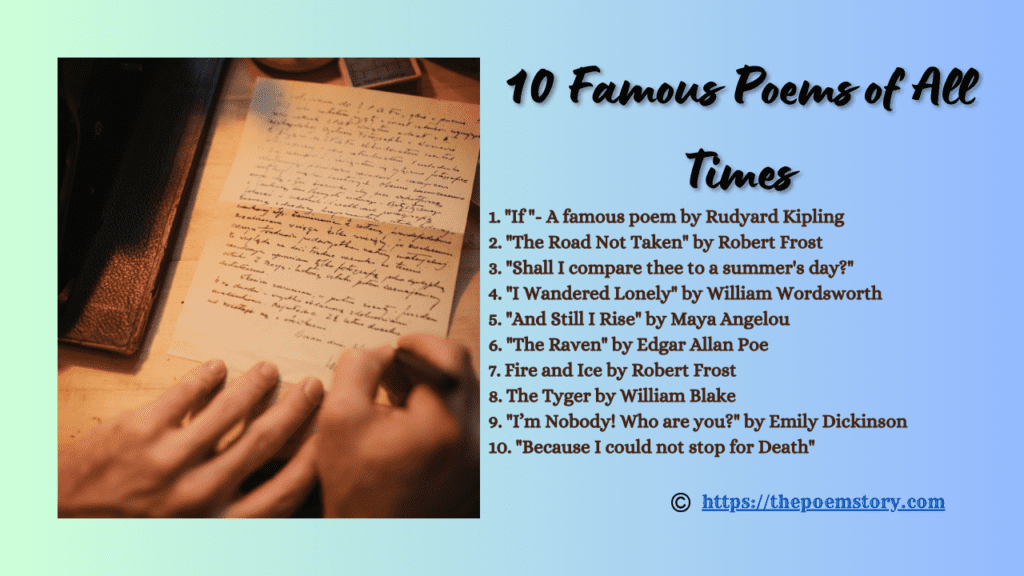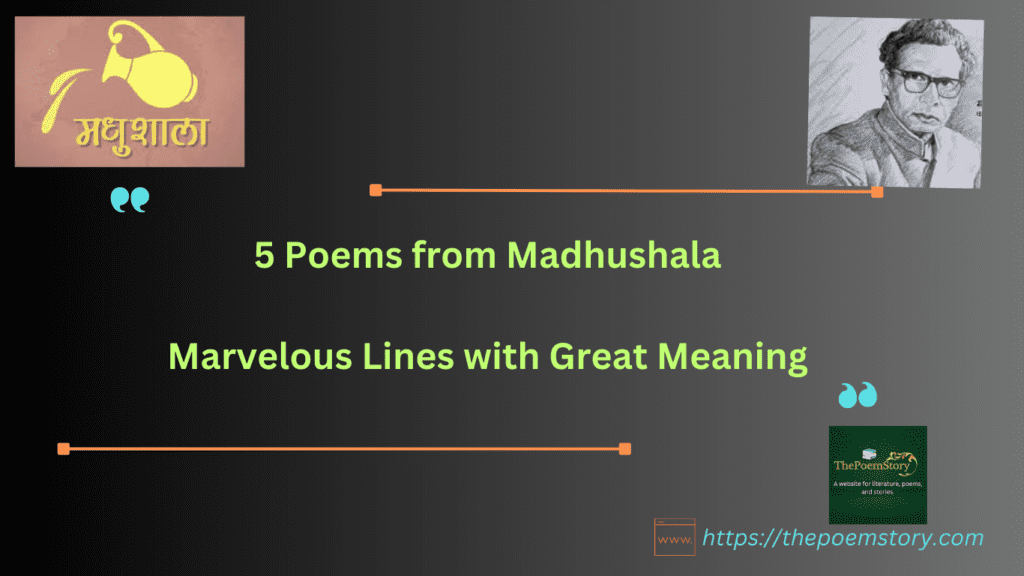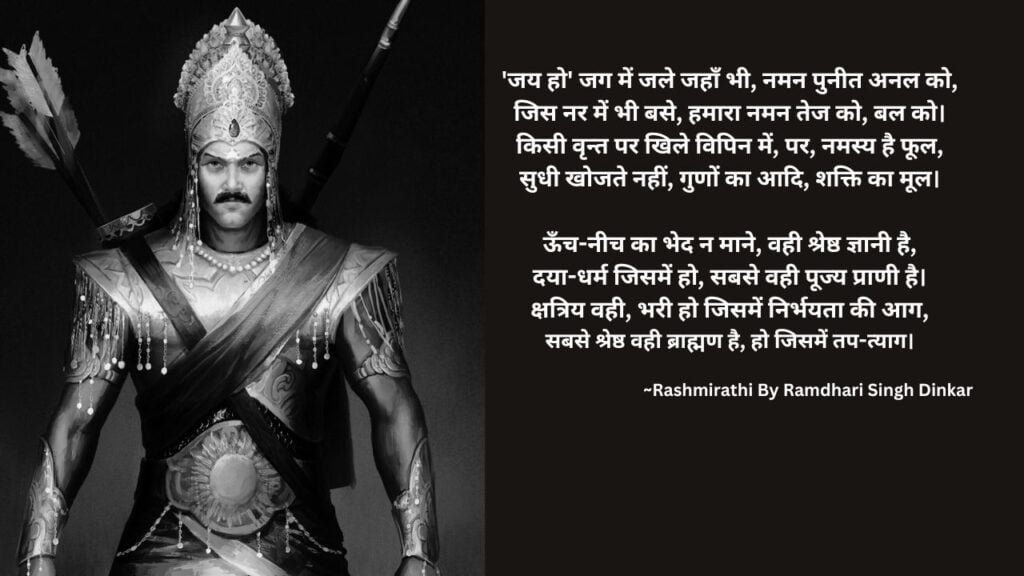“Sonnet 2” by William Shakespeare (Shakespeare Sonnet 2), often titled “When Forty Winters Shall Besiege thy Brow,” is the second sonnet in Shakespeare’s collection of 154 sonnets. This sonnet continues the theme of urging the fair youth to procreate, which was introduced in the first sonnet (From Fairest Creatures we Desire Increase). Here’s an introduction to “Sonnet 2”:
In “Sonnet 2,” the speaker addresses the fair youth, continuing the argument from the previous sonnet. The fair youth is urged to procreate, as the speaker fears that if the youth does not have children, his beauty will be lost with the passage of time. The imagery of “forty winters” besieging the youth’s brow symbolizes the aging process and the gradual fading of youth and beauty. The sonnet emphasizes the importance of passing on one’s beauty and virtues to future generations in order to preserve them from the ravages of time.
Through vivid imagery and persuasive language, the speaker makes a compelling case for the fair youth to embrace the responsibility of procreation and ensure the continuation of his beauty and virtues.
Also Explore: Poems by Bronte Sisters
Also Read: Character of the Happy Warrior
Table of Contents
Shakespeare Sonnet 2 | “When Forty Winters Shall Besiege thy Brow”
When forty winters shall besiege thy brow
~ William Shakespeare
And dig deep trenches in thy beauty’s field,
Thy youth’s proud livery, so gazed on now,
Will be a tattered weed, of small worth held.
Then being asked where all thy beauty lies—
Where all the treasure of thy lusty days—
To say within thine own deep-sunken eyes
Were an all-eating shame and thriftless praise.
How much more praise deserved thy beauty’s use
If thou couldst answer “This fair child of mine
Shall sum my count and make my old excuse”,
Proving his beauty by succession thine.
This were to be new made when thou art old,
And see thy blood warm when thou feel’st it cold.
Shakespeare Sonnet 2 Meaning
“When Forty Winters Shall Besiege thy Brow” Meaning
When forty winters shall besiege thy brow
~ William Shakespeare
And dig deep trenches in thy beauty’s field,
Thy youth’s proud livery, so gazed on now,
Will be a tattered weed, of small worth held.
“When forty winters shall besiege thy brow”
- This line suggests a future time when the fair youth’s face will show the signs of aging, metaphorically represented as “forty winters” besieging his forehead or brow. “Winters” here symbolize the passing of time and the onset of old age.
“And dig deep trenches in thy beauty’s field,”
- The aging process is further described as creating deep lines or wrinkles on the youth’s face, depicted metaphorically as “trenches” being dug in a field. This imagery illustrates the erosion of the youth’s youthful appearance and beauty over time.
“Thy youth’s proud livery, so gazed on now,”
- The speaker reflects on the youth’s current appearance, characterized by his proud and impressive demeanor (“youth’s proud livery”) that is currently admired and observed by others (“so gazed on now”).
“Will be a tattered weed, of small worth held.”
- However, the speaker predicts that in the future, the youth’s once admired appearance will deteriorate and become like a “tattered weed” – something insignificant and of little value. This metaphor highlights the decline and loss of the youth’s former beauty and esteem as he ages.
In summary, these lines from “Sonnet 2” convey the inevitability of aging and the eventual decline of the fair youth’s beauty. The imagery of “forty winters” besieging the brow and “deep trenches” being dug in the beauty’s field vividly illustrate the passage of time and the erosion of youthful appearance, contrasting it with the current admiration and pride associated with youth.
Then being asked where all thy beauty lies—
~ William Shakespeare
Where all the treasure of thy lusty days—
To say within thine own deep-sunken eyes
Were an all-eating shame and thriftless praise.
“Then being asked where all thy beauty lies—”
- In this line, the speaker imagines a future scenario where people inquire about the whereabouts of the fair youth’s former beauty. The phrase “where all thy beauty lies” suggests a questioning of where the youth’s beauty has gone or what has become of it as he ages.
“Where all the treasure of thy lusty days—”
- Similarly, the speaker imagines people asking about the youth’s past vigor, vitality, and attractiveness, referred to here as “the treasure of thy lusty days.” This phrase emphasizes the youth’s former days of youthful energy and passion.
“To say within thine own deep-sunken eyes”
- The speaker envisions the youth responding to these inquiries by indicating that his lost beauty and vitality can be found reflected in his own aged and sunken eyes. The phrase “deep-sunken eyes” suggests the physical toll of aging and the loss of youthful vibrancy.
“Were an all-eating shame and thriftless praise.”
- The speaker suggests that for the youth to attribute the loss of his beauty and vitality solely to himself, represented by his own eyes, would be a source of shame and a waste of praise. “All-eating shame” implies a consuming and destructive shame, while “thriftless praise” refers to praise that is given without real value or merit.
In summary, these lines highlight the speaker’s concern about the fair youth’s inevitable aging and the loss of his former beauty and vitality. The imagery of the youth’s eyes reflects the toll of time and serves as a metaphor for the decline of his physical appearance. The speaker suggests that for the youth to accept responsibility for his own aging would be shameful and futile, as it would not change the reality of his diminishing beauty.
How much more praise deserved thy beauty’s use
~ William Shakespeare
If thou couldst answer “This fair child of mine
Shall sum my count and make my old excuse”,
Proving his beauty by succession thine.
“How much more praise deserved thy beauty’s use”
- The speaker reflects on how much more praise the fair youth’s beauty would deserve if he were to put it to good use, particularly by procreating and passing on his beauty to future generations.
“If thou couldst answer ‘This fair child of mine”
- The speaker imagines the fair youth responding to inquiries about the source of his beauty by pointing to his own child as evidence. The phrase “This fair child of mine” refers to the child the youth could potentially have.
“Shall sum my count and make my old excuse,”
- The fair youth’s child would serve as a testament to the youth’s beauty and legacy, essentially “summing up” or accounting for the youth’s own worth and qualities. The child would also serve as an excuse or justification for the youth’s aging appearance, explaining it as a natural consequence of passing on his beauty to the next generation.
“Proving his beauty by succession thine.”
- The child’s beauty would serve as proof or validation of the fair youth’s own beauty, as it would be inherited from him (“succession thine”). This line emphasizes the idea of beauty being passed down through generations, with the child being a direct successor of the youth’s beauty.
In summary, these lines underscore the speaker’s belief in the importance of procreation for preserving the fair youth’s beauty and legacy. The child would not only serve as a source of pride and fulfillment for the youth but also as evidence of his enduring beauty and influence on future generations.
This were to be new made when thou art old,
~ William Shakespeare
And see thy blood warm when thou feel’st it cold.
“This were to be new made when thou art old,”
- The speaker suggests that if the fair youth were to have a child, it would be like starting anew or experiencing a rebirth (“new made”) even in his old age. Despite the passage of time and the onset of old age, the act of having a child would rejuvenate the youth’s legacy and give him a renewed sense of purpose and vitality.
“And see thy blood warm when thou feel’st it cold.”
- Having a child would bring warmth and vitality to the fair youth’s life, particularly in his old age when he may feel the chill of age and mortality. The phrase “thy blood warm” symbolizes the youth’s revived spirit and emotional connection through the continuation of his lineage. It suggests that the youth would find comfort and solace in knowing that his bloodline and legacy will live on through his child, even as he faces the inevitable effects of aging and mortality.
In summary, these lines emphasize the rejuvenating and life-affirming potential of having a child, even in the face of old age and the passage of time. The imagery of renewal and warmth underscores the transformative power of parenthood in preserving one’s legacy and vitality across generations.
Shakespeare Sonnet 2 Analysis
“When Forty Winters Shall Besiege thy Brow” Analysis
Sonnet 2 by William Shakespeare continues the theme introduced in Sonnet 1, which addresses the fair youth and urges him to procreate in order to preserve his beauty and virtues. Here’s an analysis of Sonnet 2:
- Theme of Time and Aging: The sonnet begins by acknowledging the passage of time and the inevitable aging process. The speaker uses the metaphor of “forty winters” besieging the fair youth’s brow, suggesting that time will erode his youthful appearance.
- Imagery of Beauty and Decay: The speaker compares the youth’s current beauty to a field in bloom, but foresees that with time, his youthful appearance will decay like a “tattered weed.” This imagery emphasizes the transience of physical beauty and the effects of aging.
- Call to Procreate: The central argument of the sonnet is a plea for the fair youth to procreate and pass on his beauty to future generations. The speaker argues that by having children, the youth can ensure that his beauty and virtues are perpetuated, even as he ages.
- Legacy and Continuation: The speaker suggests that having a child would serve as a continuation of the youth’s beauty and legacy. The child would be a living testament to the youth’s virtues and would provide comfort and warmth in his old age.
- Critique of Selfishness: The sonnet also criticizes the youth’s selfishness and narcissism, suggesting that by refusing to procreate, he is squandering his beauty and failing to fulfill his potential.
- Rejuvenation through Parenthood: Finally, the sonnet presents parenthood as a source of renewal and vitality, even in old age. The speaker imagines that having a child would bring warmth and comfort to the youth’s life, counteracting the effects of aging and mortality.
In summary, Sonnet 2 continues the argument from Sonnet 1, urging the fair youth to procreate in order to ensure the continuation of his beauty and virtues. Through vivid imagery and persuasive language, the speaker emphasizes the importance of legacy and the rejuvenating power of parenthood.










